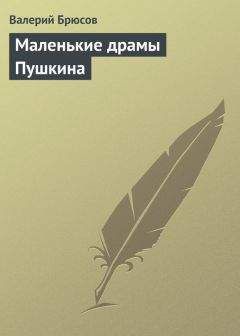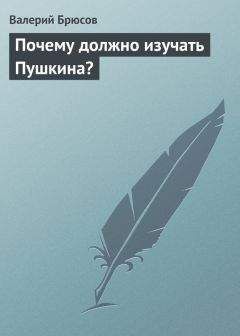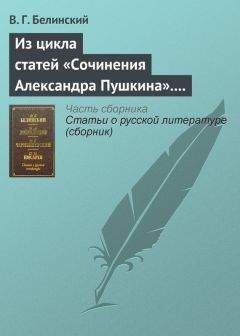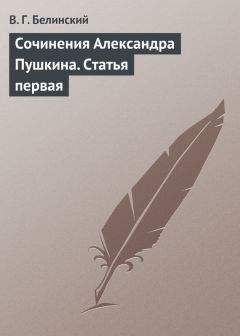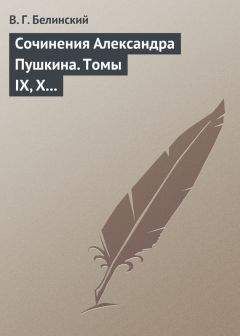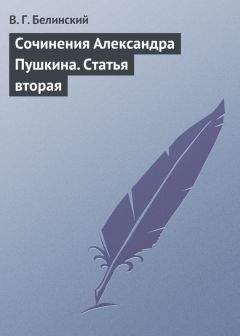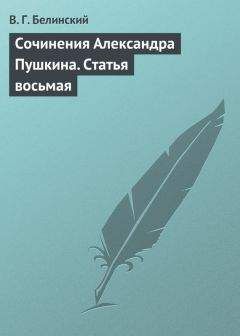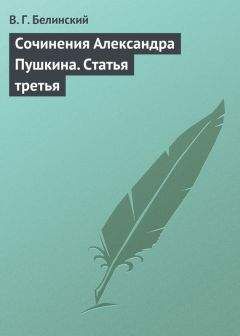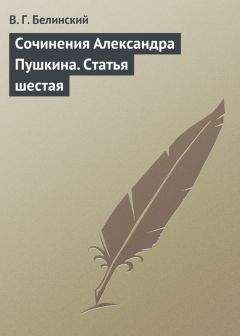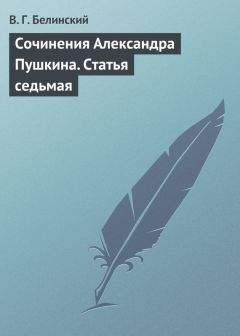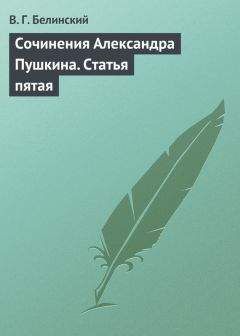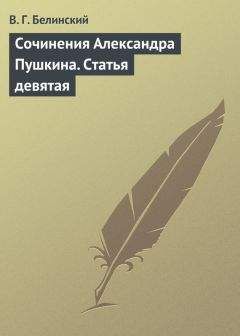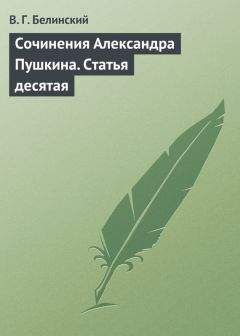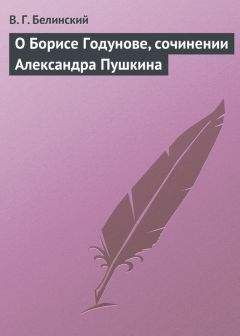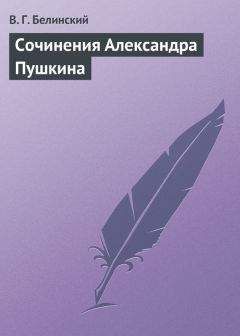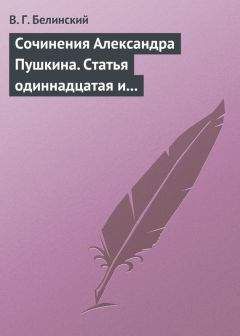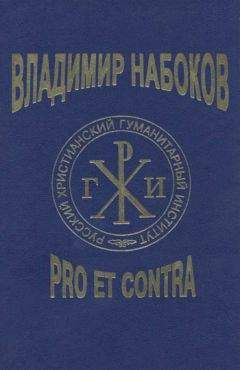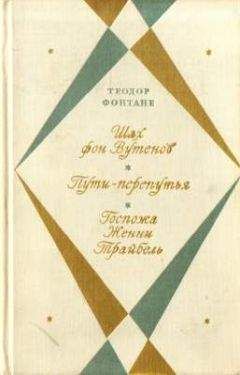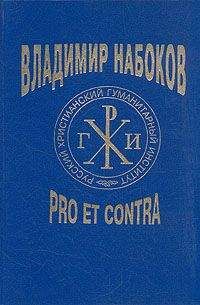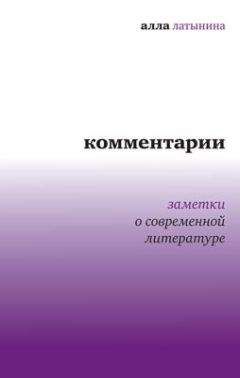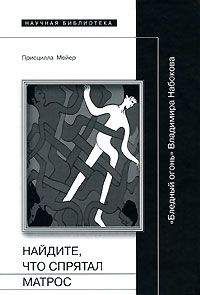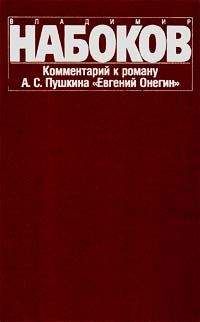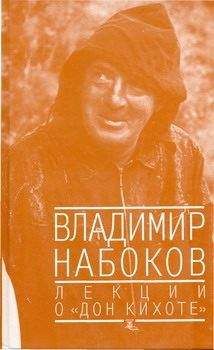Владимир Набоков - Комментарии к «Евгению Онегину» Александра Пушкина
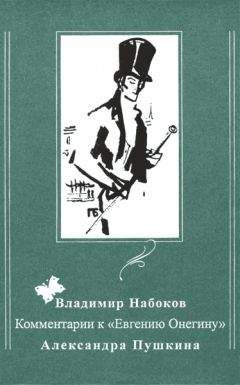
Скачивание начинается... Если скачивание не началось автоматически, пожалуйста нажмите на эту ссылку.
Жалоба
Напишите нам, и мы в срочном порядке примем меры.
Описание книги "Комментарии к «Евгению Онегину» Александра Пушкина"
Описание и краткое содержание "Комментарии к «Евгению Онегину» Александра Пушкина" читать бесплатно онлайн.
Комментарии В. В. Набокова освещают многообразие исторических, литературных и бытовых сторон романа. Книга является оригинальным произведением писателя в жанре научно-исторического комментария. Набоков обращается к «потаенным слоям» романа, прослеживает литературные влияния, связи «Евгения Онегина» с другими произведениями поэта, увлекательно повествует о тайнописи Пушкина.
Предназначена для широкого круга читателей и в первую очередь — для преподавателей и студентов гуманитарных вузов, а также для учителей и учащихся средней школы.
XLVI
“But as to me, Onegin, this magnificence,a wearisome life's tinsel, my successes
in the world's vortex,
4 my fashionable house and evenings,
what do I care for them?... At once I'd gladly
give all the frippery of this masquerade,
all this glitter, and noise, and fumes,
8 for a shelfful of books, for a wild garden,
for our poor dwelling,
for those haunts where for the first time,
Onegin, I saw you,
12 and for the humble churchyard where
there is a cross now and the shade
of branches over my poor nurse.
XLVII
so near!... But my fate is already
settled. Imprudently,
4 perhaps, I acted.
My mother with tears of conjurement
beseeched me. For poor Tanya
all lots were equal.
8 I married. You must,
I pray you, leave me;
I know: in your heart are
both pride and genuine honor.
12 I love you (why dissimulate?);
but to another I belong:
to him I shall be faithful all my life.”
XLVIII
as if by thunder struck.
In what a tempest of sensations
4 his heart is now immersed!
But there resounds a sudden clink of spurs,
and there appears Tatiana's husband,
and here my hero,
8 at an unfortunate minute for him,
reader, we now shall leave
for long... forever.... After him
sufficiently along one path
12 we've roamed the world. Let us congratulate
each other on attaining land. Hurrah!
It long (is it not true?) was time.
XLIX
you be — friend, foe — I wish to part
with you at present as a pal.
4 Farewell. Whatever in these careless strophes
you might have looked for as you followed me —
tumultuous recollections,
relief from labors,
8 live images or witticisms,
or faults of grammar —
God grant that in this book, for recreation,
for dreaming, for the heart,
12 for jousts in journals,
you find at least a crumb.
Upon which, let us part, farewell!
L
and you, my true ideal,
and you, my live and constant,
4 though small, work. I have known with you
all that a poet covets:
obliviousness of life in the world's tempests,
the sweet discourse of friends.
8 Rushed by have many, many days
since young Tatiana, and with her
Onegin, in a blurry dream
appeared to me for the first time —
12 and the far stretch of a free novel
I through a magic crystal
still did not make out clearly.
LI
its first strophes I read —
“Some are no more, others are distant,”
4 as erstwhiles Sadi said.
Without them was Onegin's picture finished.
And she from whom was fashioned
the dear ideal of “Tatiana”...
8 Ah, much, much has fate snatched away!
Blest who left life's feast early,
not having to the bottom drained
the goblet full of wine;
12 who never read life's novel to the end
and all at once could part with it
as I with my Onegin.
NOTES TO EUGENE ONEGIN
1. Written in Bessarabia. >>
2. Dandy [Eng.], a fop. >>
3. Hat à la Bolivar. >>
4. Well-known restaurateur. >>
5. A trait of chilled sentiment worthy of Childe Harold. The ballets of Mr. Didelot are full of liveliness of fancy and extraordinary charm. One of our romantic writers found in them much more poetry than in the whole of French literature. >>
6. “Tout le monde sut qu'il mettoit du blanc, et moi qui n'en croyois rien je commençai de le croire, non seulement par l'embellissement de son teint, et pour avoir trouvé des tasses de blanc sur sa toilette, mais sur ce qu'entrant un matin dans sa chambre, je le trouvai brossant ses ongles avec une petite vergette faite exprès, ouvrage qu'il continua fi+èrement devant moi. Je jugeai qu'un homme qui passe deux heures tous les matins à brosser ses ongles peut bien passer quelques instans à remplir de blanc les creux de sa peau.”
(Les Confessions de Jean-Jacques Rousseau.)Grimm was ahead of his age: nowadays people all over enlightened Europe clean their nails with a special brush. >>
7. The whole of this ironical stanza is nothing but a subtle compliment to our fair compatriots. Thus Boileau, under the guise of disapprobation, eulogizes Louis XIV. Our ladies combine enlightenment with amiability, and strict purity of morals with the Oriental charm that so captivated Mme de Staël
(Dix ans d'exil). >>8. Readers remember the charming description of a Petersburg night in Gnedich's idyl:
Here's night; but the golden stripes of the clouds do not darken.
Though starless and moonless, the whole horizon lights up.
Far out in the [Baltic] gulf one can see the silvery sails
4 Of hardly discernible ships that seem in the blue sky to float.
With a gloomless radiance the night sky is radiant,
And the crimson of sunset blends with the Orient's gold,
As if Aurora led forth in the wake of evening
8 Her rosy morn. This is the aureate season
When the power of night is usurped by the summer days;
When the foreigner's gaze is bewitched by the Northern sky
Where shade and ambrosial light form a magical union
12 Which never adorns the sky of the South:
A limpidity similar to the charms of a Northern maiden
Whose light-blue eyes and rose-colored cheeks
Are but slightly shaded by auburn curls undulating.
16 Now above the Neva and sumptuous Petropolis
You see eves without gloom and brief nights without shadow.
Now as soon as Philomel ends her midnight songs
She starts the songs that welcome the rise of the day.
20 But 'tis late; a coolness wafts on the Nevan tundras;
The dew has descended;...
Here's midnight; after sounding all evening with thousands of oars,
The Neva does not stir; town guests have dispersed;
24 Not a voice on the shore, not a ripple astream, all is still.
Alone now and then o'er the water a rumble runs from the bridges,
Or a long-drawn cry flies forth from a distant suburb
Where in the night one sentinel calls to another.
28 All sleeps.... >>
9. Not in dream the ardent poet
the benignant goddess sees
as he spends a sleepless night
4 leaning on the granite.
10. Written in Odessa. >>
11. See the first edition of Eugene Onegin. >>
12. From the first part of Dneprovskaya Rusalka. >>
13. The most euphonious Greek names, such as, for instance, Agathon, Philetus, Theodora, Thecla, and so forth, are used with us only among the common people. >>
14. Grandison and Lovelace, the heroes of two famous novels. >>
15. “Si j'avais la folie de croire encore au bonheur, je le chercherais dans l'habitude.” Chateaubriand. >>
16. Poor Yorick! — Hamlet's exclamation over the skull of the fool (see Shakespeare and Sterne). >>
17. A misprint in the earlier edition [of the chapter] altered “homeward they fly” to “in winter they fly” (which did not make any sense whatsoever). Reviewers, not realizing this, saw an anachronism in the following stanzas. We venture to assert that, in our novel, the chronology has been worked out calendrically. >>
18. Julie Wolmar, the New Héloïse; Malek-Adhel, hero of a mediocre romance by Mme Cottin; Gustave de Linar, hero of a charming short novel by Baroness Krüdener. >>
19. The Vampyre, a short novel incorrectly attributed to Lord Byron; Melmoth, a work of genius, by Maturin; Jean Sbogar, the well-known romance by Charles Nodier. >>
20. Lasciate ogni speranza, voi ch'entrate. Our modest author has translated only the first part of the famous verse. >>
21. A periodical that used to be conducted by the late A. Izmaylov rather negligently. He once apologized in print to the public, saying that during the holidays he had “caroused.” >>
22. E. A. Baratïnski. >>
23. Reviewers wondered how one could call a simple peasant girl “maiden” when, a little further, genteel misses are called “young things.” >>
24. “This signifies,” remarks one of our critics, “that the urchins are skating.” Right. >>
25. In my rosy years
the poetical Ay
pleased me with its noisy foam,
4 with this simile of love,
or of frantic youth.
26. August Lafontaine, author of numerous family novels. >>
27. See “First Snow,” a poem by Prince Vyazemski. >>
28. See the descriptions of the Finnish winter in Baratïnski's “Eda.” >>
29. Tomcat calls Kit
to sleep in the stove nook.
The presage of a wedding; the first song foretells death. >>
30. In this manner one finds out the name of one's future fiancé. >>
31. Reviewers condemned the words hlop [clap], molv' [parle], and top [stamp] as indifferent neologisms. These words are fundamentally Russian. “Bova stepped out of the tent for some fresh air and heard in the open country the parle of man and the stamp of steed” (“The Tale of Bova the Prince”). Hlop and ship are used in plain-folk speech instead of hlópanie [clapping] and shipénie [hissing]:
Подписывайтесь на наши страницы в социальных сетях.
Будьте в курсе последних книжных новинок, комментируйте, обсуждайте. Мы ждём Вас!
Похожие книги на "Комментарии к «Евгению Онегину» Александра Пушкина"
Книги похожие на "Комментарии к «Евгению Онегину» Александра Пушкина" читать онлайн или скачать бесплатно полные версии.
Мы рекомендуем Вам зарегистрироваться либо войти на сайт под своим именем.
Отзывы о "Владимир Набоков - Комментарии к «Евгению Онегину» Александра Пушкина"
Отзывы читателей о книге "Комментарии к «Евгению Онегину» Александра Пушкина", комментарии и мнения людей о произведении.





